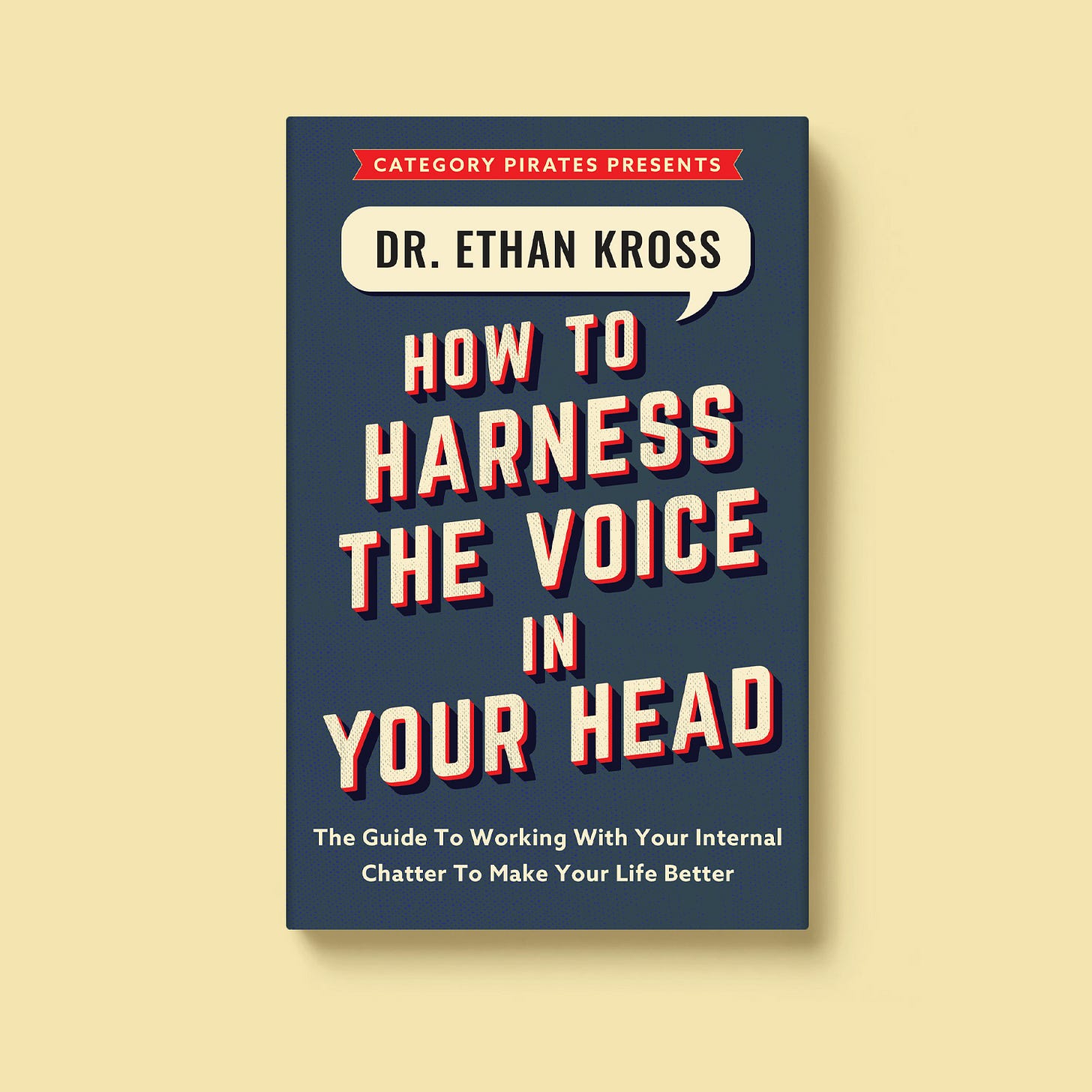
When was the last time you stayed awake at night, unable to sleep, replaying something in your head that happened that day? Did you notice how your thoughts coiled back on themselves, how you went in circles as the night wore on? All of us, even those who have been spared the pain of insomnia, have heard that voice. Our transcripts are provided by various partners and may contain errors or deviate slightly from the audio. The transcript below may be for an earlier version of this episode. My stroke of insight, by Jill Bolte Taylor, TED Talk, 2008.

Penn Handwerker, American Anthropologist, 2011. Psalms and Coping with Uncertainty: Religious Israeli Women’s Responses to the 2006 Lebanon War, by Richard Sosis and W. Bushman, Journal of Experimental Social Psychology, 2012. This Too Shall Pass: Temporal Distance and the Regulation of Emotional Distress, by Emma Bruehlman-Senecal and Özlem Ayduk, Journal of Personality and Social Psychology, 2015.Įxploring Solomon’s Paradox: Self-Distancing Eliminates the Self-Other Asymmetry in Wise Reasoning About Close Relationships in Younger and Older Adults, by Igor Grossmann and Ethan Kross, Psychological Science, 2014.įlies on the Wall are Less Aggressive: Self-Distancing “In the Heat of the Moment” Reduces Aggressive Thoughts, Angry Feelings and Aggressive Behavior, by Dominik Mischkowski, Ethan Kross, and Brad J. Gelman, and Ethan Kross, Current Directions in Psychological Science, 2019. Linguistic Shifts: A Relatively Effortless Route to Emotion Regulation?, by Ariana Orvell, Özlem Ayduk, Jason S. When Chatting About Negative Experiences Helps-and When it Hurts: Distinguishing Adaptive Versus Maladaptive Social Support in Computer-Mediated Communication, by David S. He says it’s part of the human condition, but there are ways to keep our negative emotions from morphing into chatter.Ĭhatter: The Voice in Our Head, Why It Matters, and How to Harness It, by Ethan Kross, 2021.ĭoes Distanced Self-Talk Facilitate Emotion Regulation Across a Range of Emotionally Intense Experiences?, by Ariana Orvell, et al., Clinical Psychological Science, 2021. Psychologist Ethan Kross has a name for it: chatter. You know that negative voice that goes round and round in your head, keeping you up at night? When that negative inner voice gets switched on, it’s hard to think about anything else.


 0 kommentar(er)
0 kommentar(er)
